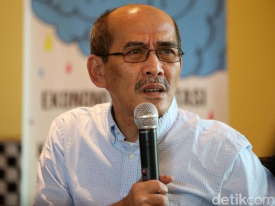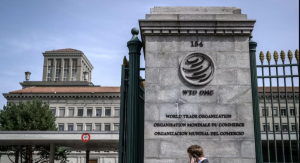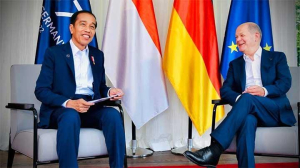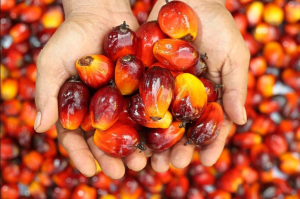Indonesia's Nickel dispute with the EU nears to an end as global dominance strengthens
The Coordinating Ministry for Maritime and Investment Affairs has announced that Indonesia's ongoing nickel dispute with the European Union (EU) at the World Trade Organization (WTO) is nearing to an end, largely due to Indonesia's dominant position in the global nickel market, which accounts for 60 percent of supply.
Septian Hario Seto, Deputy for Investment and Mining at the ministry, said that Indonesia's market dominance has strengthened its negotiating power.
As a result, the government is currently in talks with the EU to reach a peaceful agreement on the nickel issue.
“We are discussing with the EU to settle the nickel dispute amicably, and it is likely that the EU will withdraw its lawsuit and resolve the matter through a mutual agreement,” Seto said on the sidelines of the Indonesia Future Policy Dialogue as quoted by Katadata.co.id on Wednesday, October 9, 2024.
Despite the optimistic outlook, Seto acknowledged that geopolitical tensions will continue to pose challenges to the next stages of Indonesia’s mineral downstreaming efforts.
He predicted that the global electric vehicle (EV) battery industry will remain divided between China and the United States.
Seto also highlighted that while production technology and battery markets are positioned differently, Indonesia has found a balance in recent years that allows it to benefit from both sides.
One of the key components in EV battery production is the cathode, which is essential for all battery types.
Indonesia’s annual cathode production capacity has now reached 80,000 tons, and it is expected to double to 160,000 tons early next year, further solidifying Indonesia's position as a key player in the global battery supply chain.
Seto noted that aside from China, Indonesia now boasts the most comprehensive lithium-based EV battery ecosystem in the world.
Comparatively, Japan’s cathode production capacity is only 10,000 tons per year, while South Korea’s stands at 40,000 tons. This, according to Seto, puts Indonesia ahead of both nations in the battery sector.
However, Seto projected that new full lithium iron phosphate (LFP) battery production facilities will only be completed by early 2027. This will enable Indonesia to target the global EV battery market more aggressively.
Different battery types, such as manganese nickel cobalt (MNC) and LFP batteries, are tailored to varying climates. MNC batteries are better suited for colder regions like Europe and the U.S., while LFP batteries perform optimally in tropical climates like Asia’s.
“If industrial policies remain consistent, we can achieve this and become a significant powerhouse in the EV battery ecosystem, second only to China,” Seto concluded.
Already have an account? Sign In
-
Start reading
Freemium
-
Monthly Subscription
30% OFF$26.03
$37.19/MonthCancel anytime
This offer is open to all new subscribers!
Subscribe now -
Yearly Subscription
33% OFF$228.13
$340.5/YearCancel anytime
This offer is open to all new subscribers!
Subscribe now






